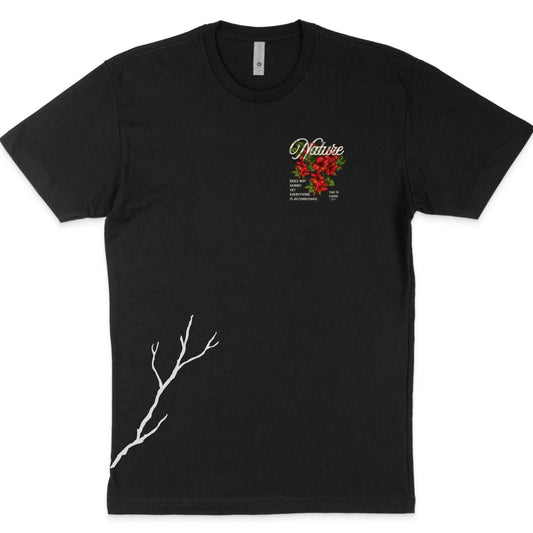-
Eternal Being | Esoteric Apparel | Embroidered Soft Sweatshirt
Regular price $61.00 USDRegular priceUnit price / per$73.00 USDSale price $61.00 USDSale -
Tao Te Ching Nature Tshirt
Regular price $31.00 USDRegular priceUnit price / per$37.00 USDSale price $31.00 USDSale
Collection: Support Taoism Research | Natural Harmony Studies | Thalira
Taoist Clothing, Taoism Clothes & Taoist Clothes: The Secret of Wearing Ancient Wisdom
At Thalira, we've unveiled the ancient wisdom of the Tao through our esoteric clothes collection. Each piece represents a bridge between timeless wisdom and modern expression.
Taoist Clothing: How a New Discovery is Transforming Modern Fashion
Discover how sacred traditions inspire our contemporary designs. Drawing inspiration from Rudolf Steiner's spiritual science and merging it with sacred symbolism, we create t-shirts and sweatshirts that honor both Western esoteric traditions and Eastern wisdom.
Different Taoist Clothes That Share Ancient Wisdom
Our designs honor multiple aspects of religious clothing traditions through:
- Ceremonial dress patterns seen in taoist rituals
- Traditional taoist uniforms and ritual dress elements
- Sacred embroidered patterns and symbolic designs
- Elements from the taoist precept system
Taoism Clothes: The Last Secret of Sacred Fashion Revealed
Our premium collection draws inspiration from:
- Traditional taoist robes adapted for modern wear
- Daily lives clothing adaptations of taoist practitioners
- Formal ritual dress symbolism
- The clothing system transformed by philosophy
Taoist Attire: Which of These Sacred Symbols Speaks to You?
Each design incorporates elements from:
- Life philosophy expressed in taoist scriptures
- Traditional symbolism and sacred geometry
- Taoist ideology and identity markers
- Sacred clothing artifact collections
The Taoism Grandmaster: Wearing the Way
Our Collection Features:
- Premium ringspun cotton t-shirts and sweatshirts
- Authentic Taoist symbols and calligraphy
- Modern interpretations of traditional patterns
- Designs infused with ancient wisdom
Transform your wardrobe with sacred wisdom. Join those who have discovered how ancient wisdom can inspire modern style. Our collection brings timeless traditions into contemporary fashion, creating something entirely new yet deeply connected to age-old sacred traditions.


